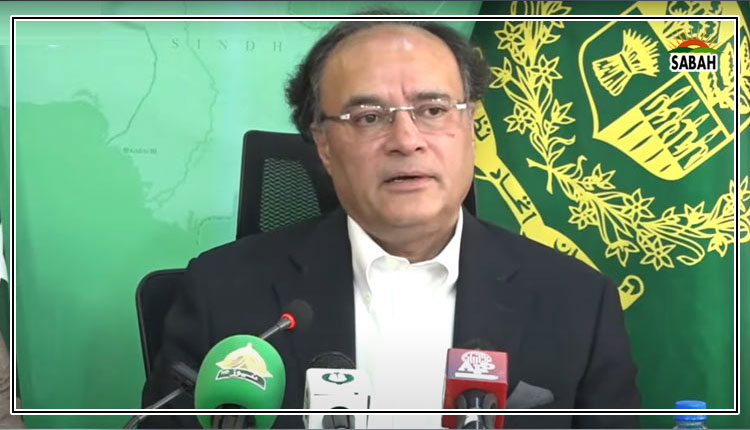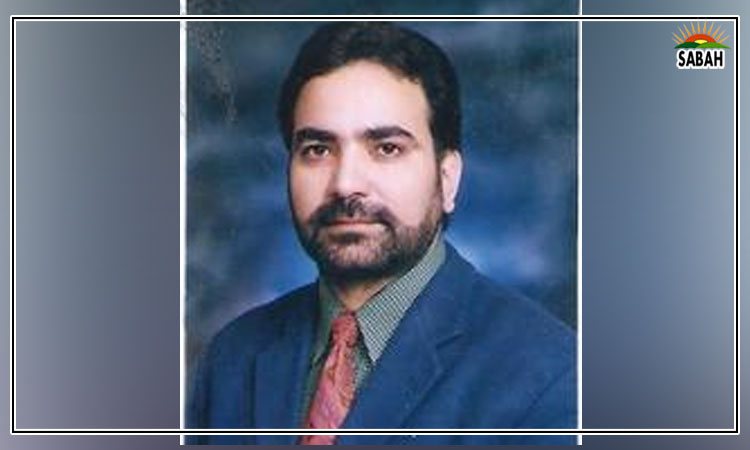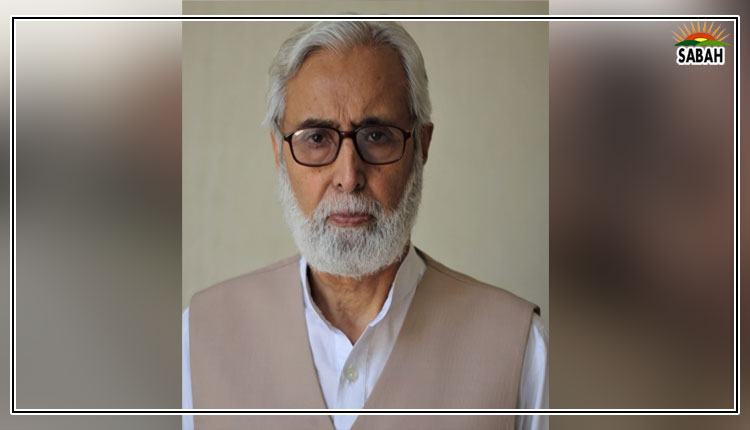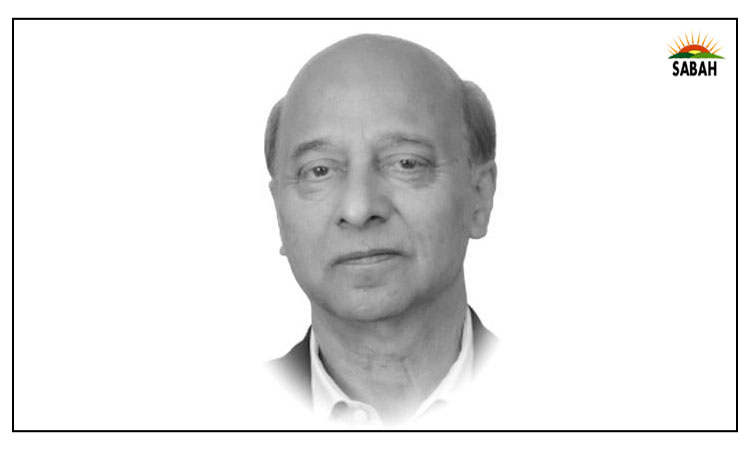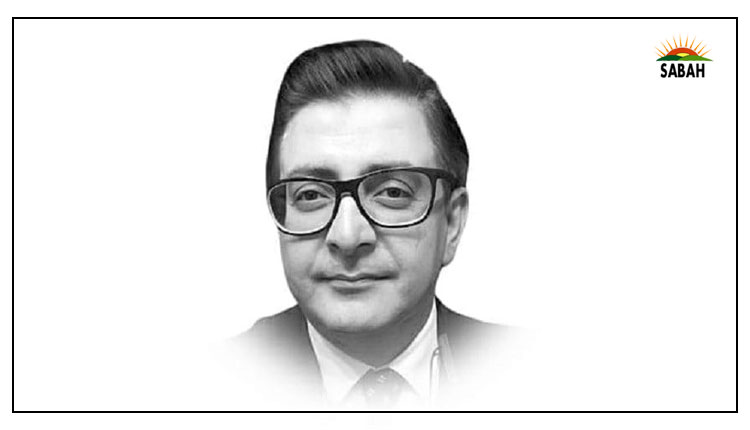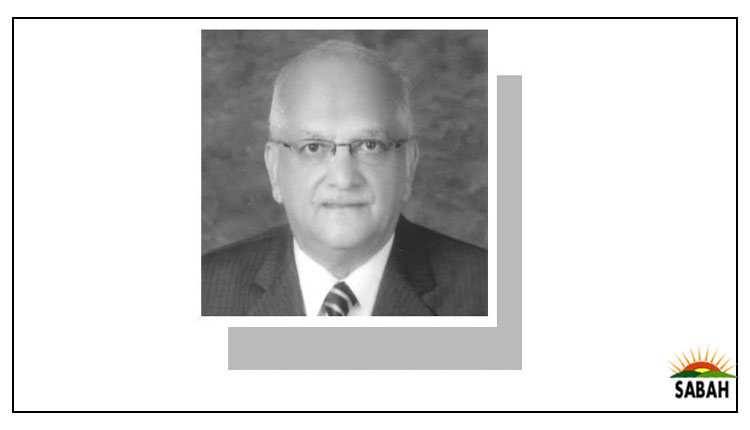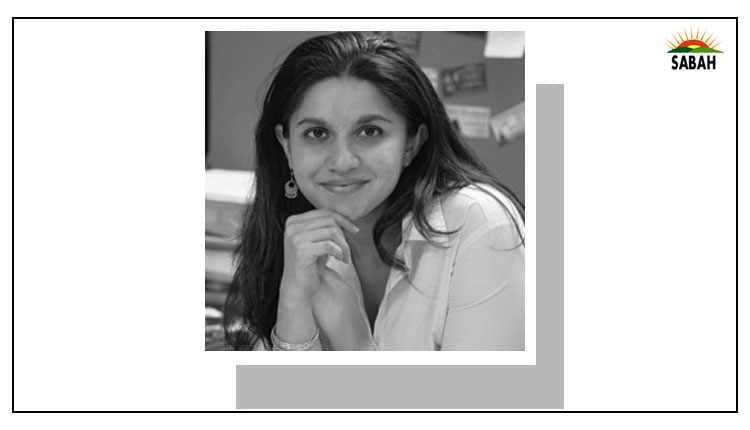Can judges speak? ….. Reema Omer
ONE of the most typically expressed beliefs in Pakistan about the judiciary is that ‘judges must only speak through their judgements’.
How far is this true today?
In common law countries, the idea that judges should not speak extra-judicially perhaps has roots in the ‘Kilmuir Rule’, which largely prohibited judges from speaking to the public in the United Kingdom. In a letter to BBC’s director general written in 1955 in response to an invitation to senior judges to speak about great British judges from the past, Lord Kilmuir, the lord chancellor at the time, wrote: “So long as a Judge keeps silent, his reputation for wisdom and impartiality remains unassailable: but every utterance which he makes in public, except in the actual performance of his judicial duties, must necessarily bring him within the focus of criticism…”
The Kilmuir Rule was widely accepted for 32 years in the UK, until in 1987 another lord chancellor, Lord MacKay, stated it was “difficult to reconcile with the independence of the judiciary” and judges should decide such matters for themselves.
International law, such as the International Covenant on Civil and Political Rights (ICCPR), also guarantees the right to the freedom of expression of all people, including judges. This right is subject only to necessary and proportionate restrictions for legitimate purposes, such as ‘public order’, which may include the proper administration of justice.
There are broad and important areas about which judges have a duty to speak.
The ICCPR also provides for the right to a fair trial and the requirement that courts must be “independent and impartial”. Among other things, this means that in addition to being free of actual bias, courts must also appear to a reasonable observer to be impartial.
This implies potential for certain special restrictions on judges’ exercise of expression. Any such restrictions would nevertheless need to comply with Article 19 of the ICCPR, including that they be a necessary and proportionate measure for one of four permissible purposes, in this case to ensure public order.
The UN Basic Principles on the Independence of the Judiciary further clarify the relationship between judges’ right to freedom of expression and the independence and impartiality of the judiciary: “In accordance with the Universal Declaration of Human Rights, members of the judiciary are like other citizens entitled to freedom of expression … provided, however, that in exercising such rights, judges shall always conduct themselves in such a manner as to preserve the dignity of their office and the impartiality and independence of the judiciary.”
Judges should, therefore, recuse themselves from any case where their statements or other exercise of the right to free speech give rise to a reasonable apprehension of bias.
The test is not, however, whether anyone, with even a little knowledge about the situation ‘might’ believe the judge to be partial. Rather, it is whether a reasonable person, knowing all the circumstances, would doubt the judge’s impartiality. A review of international standards, regional jurisprudence, and academic literature finds that as a general rule, judges are encouraged not to speak on matters relating to party politics, or when speaking publicly would directly undermine the rights of the litigants before them, would impede on the separation of powers, or involve the judge in public controversies.
While certain exercises by a judge of their freedom of expression could be a basis for disciplinary action, such action would itself have to comply with respect for judicial independence, including in relation to fair process and thresholds of seriousness. Also, any disciplinary consequences, including removal, would again need to satisfy the requirements of necessity and proportionality.
But even with these overall constraints, there are broad and important areas about which judges have a duty to speak because they have a unique contribution to make to public discourse.
In this regard, recommendations by the Consultative Council of European Judges (CCJE), an advisory body of the Council of Europe on issues relating to the independence of judges, in its 2022 opinion on judges’ freedom of expression are particularly relevant.
The CCJE recommends, for example, that “in situations where democracy, the separation of powers or the rule of law are under threat, judges must be resilient and have a duty to speak out in defence of judicial independence, the constitutional order and the restoration of democracy, both at national and international level. This includes views and opinions on issues that are politically sensitive and extends to both internal and external independence of individual judges and the judiciary in general.”
The CCJE adds: “By enhancing under-standing, transparency and by helping to avoid public misrepresentations, judges may help to promote and preserve public trust in the judicial activity.”
There may also be cases where judges consider it their ‘moral duty’ to speak. On this issue, the judgement by the Inter-American Court of Human Rights in ‘López Lone vs Honduras’ (2006) is instructive. The court held the rights of several judges to freedom of expression, assembly, and association were violated by their dismissal for actions they took to protest against a coup d’état and in favour of the re-establishment of democracy in Honduras.
The court noted “the prohibition of judges from participating in activities of a party nature should not be interpreted … in a way that prevents judges from taking part in any discussion of a political nature”. It held “there may be situation in which a judge, as a citizen who is a member of society, considers that he or she has a moral duty to speak out” and this might indeed be seen not only as a right but an obligation of judges during a coup d’état or other “times of grave democratic crises”.
Instead of outdated prohibitions on judges speaking outside of their judgments, it is necessary for our discourse around judges’ speech to be guided by the human rights framework — both the right of the judge to the freedom of expression, as well as principles of an independent and impartial judiciary and the right to a fair trial.
The writer is a legal adviser for the International Commission of Jurists.
reema.omer@icj.org
X: @reema_omer
Courtesy Dawn, July 12th, 2024


